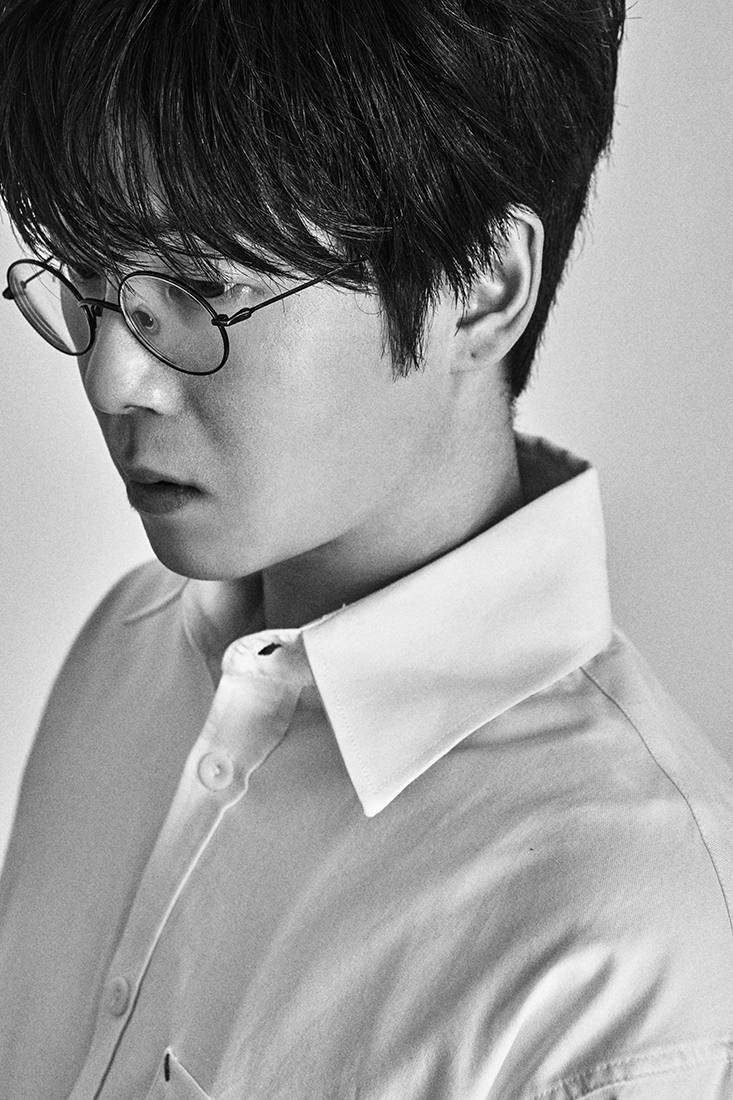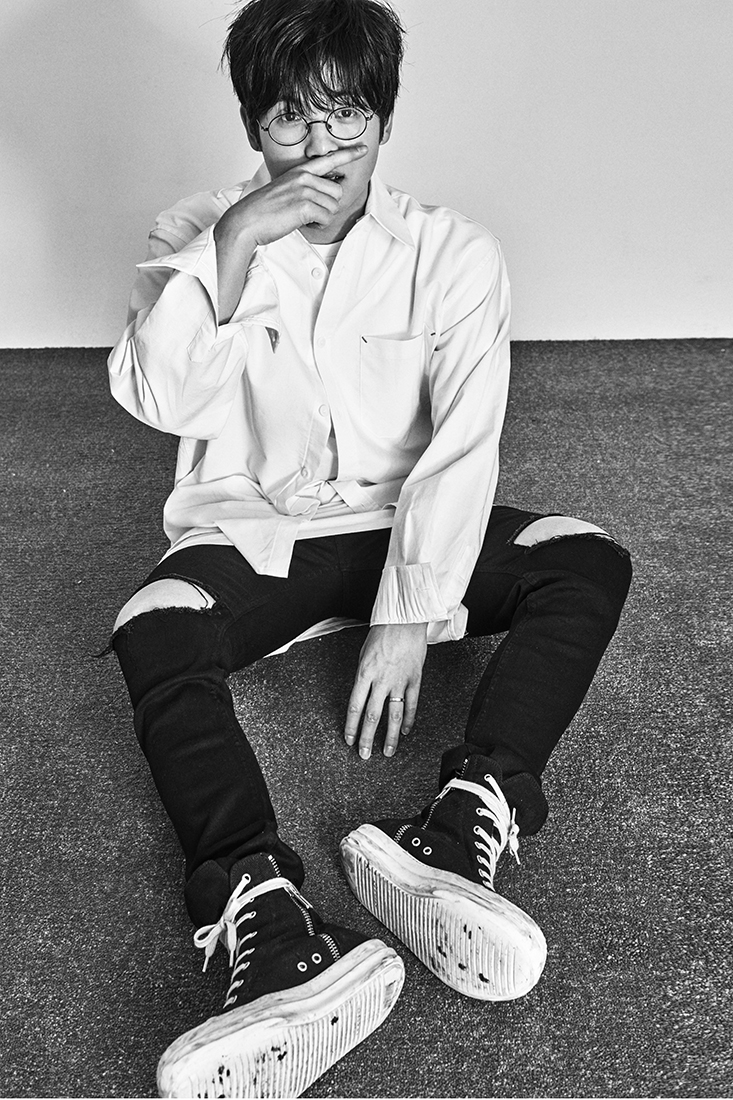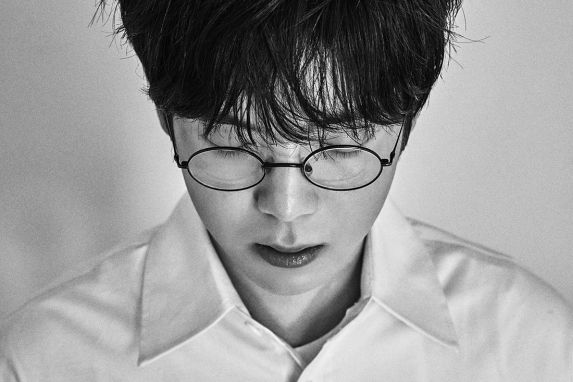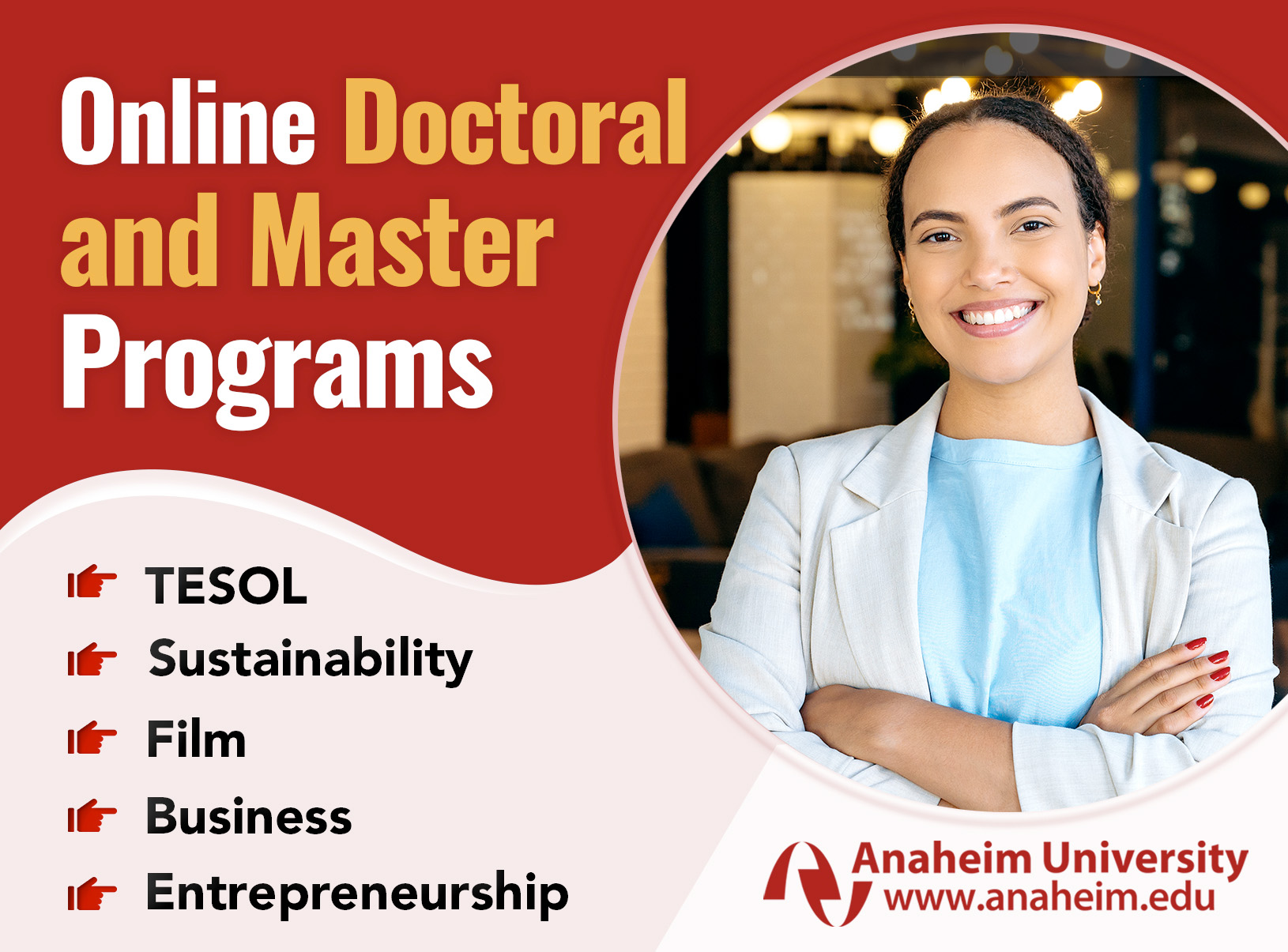Jo Dong-rim, better known as Mad Clown, is most recognizable for his sharp and high-tone rapping. He worked with South Korean singer Soyou on the song "Stupid in Love" and was featured on "Anxious" by Melody Day. His song "Fire" went to number one on the Gaon Music Chart, and he was a judge on the popular rap reality show "Show Me the Money's" fifth season and "High School Rapper." Seoul Journal discussed his career and future plans with Jo Dong-rim.
SJ: Why did you choose the name Mad Clown?
Mad Clown: I'm a big fan of Leessang and I love their song, "Clown." Without thinking, I just put ‘clown' in my name and added the word "mad." That was all! It has no great meaning actually.
SJ: When did you start rapping?
Mad Clown: It was around 2004 when I began writing lyrics.
SJ: What created your interest in hip-hop?
Mad Clown: I got into hip-hop since I was in the middle school, I played with "b-boying" and developed an interest in hip-hop. Now I'm here.
 SJ: Who are your favorite artists, both Korean and international?
SJ: Who are your favorite artists, both Korean and international?
Mad Clown:: Recently, I found this rapper Smino, and his music was so fantastic. I think he is going to achieve great success and I am crazy about D'Angelo's music. The album "Voodoo" is always good in every time and in every mood. That's really sick. Dumbfoundead is also cool.
SJ: Is there a song you can also listen to without being bored?
Mad Clown: "Feel Like Makin' Love" by D'angelo.
SJ: Could you tell us a bit about your new album?
Mad Clown: It's a remarkably straightforward album. The way the melody was released with the lyrics is very hard-hitting. I wanted to make a good pop album with my style. The title of the song and the album, Love Is A Dog From Hell came from the poem by Charles Bukowski. In making this album, it gave me great inspiration.
SJ: What is your favorite thing to do outside of music?
Mad Clown: I love jogging the most. Playing Playstation is also the best! I was practicing b-boying hard, but my knee isn't good so I'm taking a rest these days.
SJ: To you, what is the most important thing to express through your art?
Mad Clown: Am I exaggerating my thoughts and feelings? To put it in another way, "How honest am I?" People can't be honest all the time one hundred percent. When you use language, you even misunderstand yourself. Then how about others? This is the point: to express yourself to others in an effective way. I try to be very specific when I write lyrics. If there's a subject, I don't try making it understandable to people by itself. I draw a picture with the words to show them what I think. Sometimes I fail, but this is the main key for me to stay satisfied with my music.
SJ: How do you find inspiration for creating music?
Mad Clown: I think it's similar to everyone else: watching movies, listening to music, reading novels…or walking alone.
SJ: What are some of your most memorable moments as an artist?
Mad Clown: When I was on stage for the first time in my life, I barely saw the audience. I stood on the audience's back and just mumbled while holding the microphone. That was around 2006 and I can't forget it.
SJ: What do you think is the most important thing anyone should keep in mind when making music?
Mad Clown: Even if you are not that skillful, I'd say you should have your style and color more than skill. A plate is just a plate. The content you have on it is the most important thing.
SJ: Other than South Korea, what is your dream country to perform in?
Mad Clown:Definitely the U.S.A!
SJ: Is there an artist that you would love to collaborate with?
Mad Clown: I would like to collaborate with the beat maker Mr. Carmark, of the U.S.A, if I have a chance.
SJ: What has been your proudest achievement?
Mad Clown: I made money doing music and raised a decent family with it. I also lightened my parents' worries.












